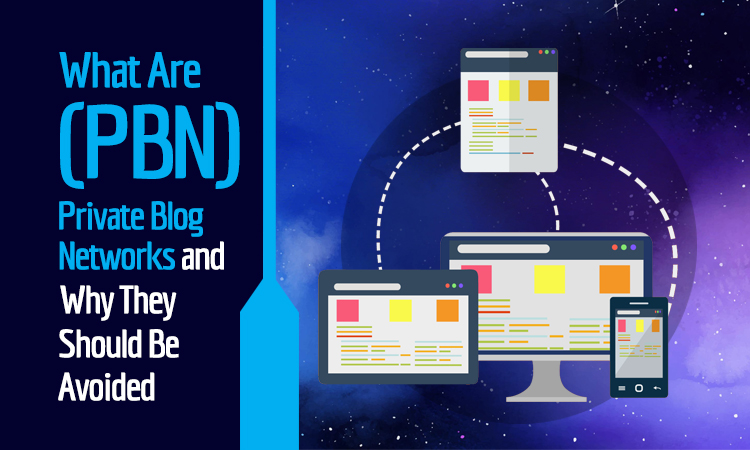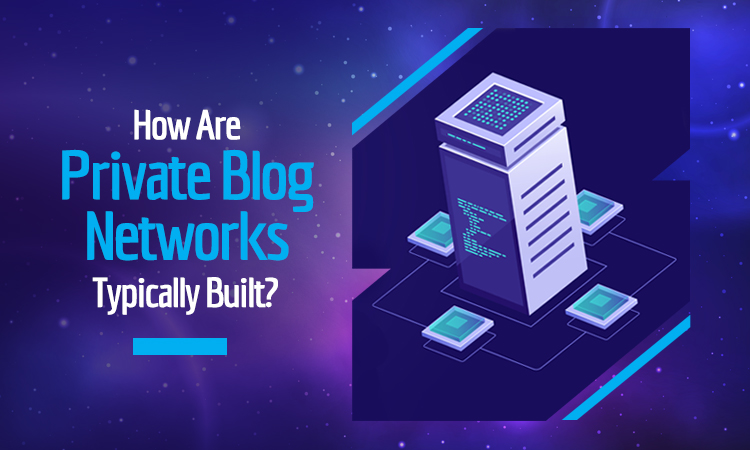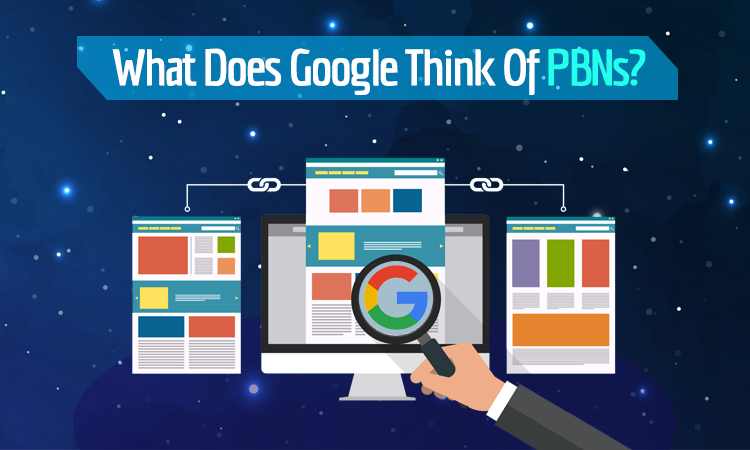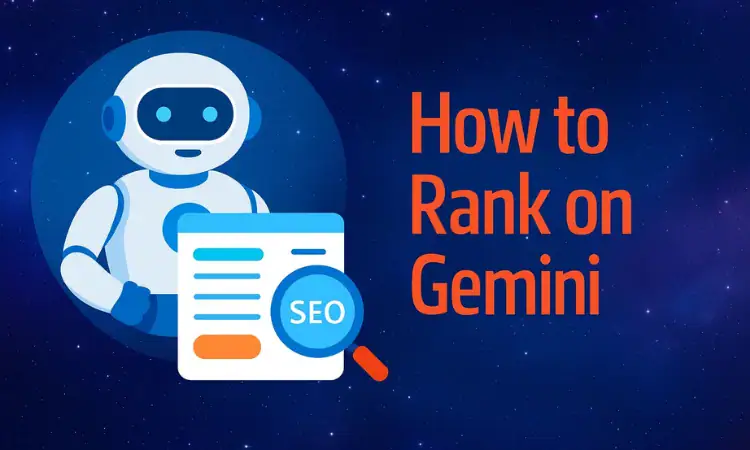What Are PBN Links?
PBN backlinks are links that are acquired by building (or you can buy PBN links) a network of privately owned websites that are used to link to a target website.
These sites are typically owned and controlled by the same person or organization and are designed to manipulate search engine rankings by artificially boosting the authority of the target website.
PBN links are generally considered a black hat SEO tactic and are against Google’s guidelines.
While PBN backlinks can sometimes yield short-term gains in search engine rankings, they are generally not a sustainable or effective long-term SEO strategy.
PBN backlinks, especially those built lazily, pose a high risk of being penalized by Google, which can result in a significant drop in search engine rankings or even the complete removal of a website from search results.
How Are Private Blog Networks Typically Built?
Building your own PBN involves creating multiple websites with unique content and then using those sites to link back via website networks to a target domain.
Here are the basic steps involved in building a PBN network:
Expired domain selection:
The first step is to select expired domains for the PBN website networks. These expired domains should have a history of being indexed and have good metrics like domain authority, trust flow, and citation flow.
Content creation:
Once the domains are selected, unique content is created for each of the privately-owned websites. This content is typically relevant to the niche or industry of the main site.
Hosting:
The PBN websites are then hosted on different servers to make it look like they are owned by different people and to avoid any footprints that could trigger search engine penalties.
Linking:
Finally, the PBN domain will build PBN links to the target website. The PBN backlinks should be placed in a natural-looking manner and should not appear spammy or forced.
What Are Some Major Issues & Flaws That Come With Private Blog Network (PBN) Link Building?
It’s worth noting that PBN backlinking strategies typically have several major flaws, which include:
Low-quality content:
PBNs often rely on low-quality, spun, or duplicate content that does not provide value to users. Search platforms favor high-quality content that is relevant, useful, and engaging.
Footprints:
PBNs can leave footprints that can be detected by search engines, such as similar IP addresses, themes, or templates, which can lead to penalties.
Time-consuming and expensive:
Building and maintaining a PBN network can be a time-consuming and expensive process that requires ongoing investment in content creation, hosting, and management.
What Does Google Think Of PBN Links?
Overall, Google has a very negative opinion of PBN backlinks and considers them to be a black hat SEO tactic.
Google’s algorithm is designed to identify, penalize, and rank websites lower that engage in manipulative link building practices, including PBNs.
If you build PBN links and they are discovered, it could result in a manual penalty against your website.
In fact, Google’s Webmaster Guidelines specifically warn against using PBNs and other link schemes to manipulate search engine rankings.
Google’s algorithms are constantly evolving to detect sites that are engaging in manipulative SEO practices. This means that you should focus on building a strong online presence through ethical and sustainable SEO link building that prioritizes authority, relevancy, and trust signals.
Unfortunately, there are tens of thousands of PBNs out there, so many business sites fall victim to this tactic, unknowingly. Whether you are building your own links or working with an agency, knowing how to spot links from private blog networks is important.
How Can You Spot PBN Backlinks?
Identifying PBN backlinks can be challenging but there are a few indicators that can help.
Site quality: A PBN domain will typically have low-quality, outdated, or irrelevant content that is created solely for the purpose of linking to other sites. If the website linking to your money site has poor-quality content or looks spammy, you may have gotten a pbn link.
Similarity: PBNs are often created using the same or similar templates, themes, or designs, which can result in a noticeable similarity between multiple sites in a PBN. If you notice a pattern of similarity between multiple sites linking to your site, you may have pbn links.
Anchor text: PBN sites often use exact-match or keyword-rich anchor text when they generate PBN backlinks to manipulate search rankings. If you notice that a significant number of links to your site use the same or similar anchor texts, it may be a private blog network (PBN).
Hosting: PBNs often use the same hosting provider or IP address to generate PBN backlinks on different sites, which can be a red flag. If you notice that multiple sites linking to your money site share the same hosting provider or IP address, this could indicate pbn links.
Backlink profile: If you notice that a website linking to your site has a high number of outbound links and a low number of inbound links, those might be classified as PBN backlinks.
It’s important to note that not all links that meet these criteria are necessarily from PBN sites.
Therefore, it’s essential to conduct a thorough analysis before making any conclusions about a link’s origin or quality.
What Should You Do If You Find PBN Sites Linking To You?
Google’s algorithm is now designed to focus on quality signals, such as the relevance, authority, and trustworthiness of a website, rather than just the quantity of links.
This means that low-quality links, including PBN links or other spammy sources, are more likely to be ignored than result in a link penalty.
However, it’s important to note that while Google may ignore low-quality links, it’s still essential to maintain a high-quality backlink profile for your website.
This includes building links from reputable and relevant sites naturally and ethically.
How Can You Get Authority Links To Improve Your Existing Link Profile?
Getting authority links is an important strategy for improving your existing link profile and enhancing your company’s online authority and credibility.
Here are some tips for getting authority backlinks:
Create high-quality, link-worthy content:
Creating content that is valuable, informative, and shareable can help attract backlinks naturally. You can create blog posts, whitepapers, or other types of content that are relevant and valuable to your target audience.
Conduct outreach to relevant websites:
Outreach involves contacting other domains in your industry or niche and requesting a link to your website. You can offer to provide guest posts or collaborate on other types of content that could provide value to your audience through blogger outreach.
Build relationships with industry influencers:
Building relationships with influencers in your industry can help you get valuable links and enhance your online authority. You can reach out to them through social media, email, or other contact details and offer to collaborate on content or promote each other’s work.
Participate in industry events:
Participating in industry events, conferences, and seminars can help you build relationships with other professionals, acquire contact details, and get links back to your website. You can participate as a speaker or sponsor and offer to write articles or provide content related to the event.
Consider link exchanges:
Link exchanges, or reciprocal links, are link-building strategies used by many brands and SEO companies to raise the authority of their own websites as well as someone else’s.
The two or more parties build links for each other for mutual benefit. Links built this way can result in quality backlinks so long as the other website is of a similar or higher quality to yours.
Getting authority links takes time and effort, but it’s an important strategy for improving your existing link profile and enhancing your online authority and credibility, which is why so many companies opt to hire a link-building agency.
By creating high-quality content, building relationships, and participating in industry events, you can attract links naturally and enhance your website’s search performance while increasing organic traffic.



















